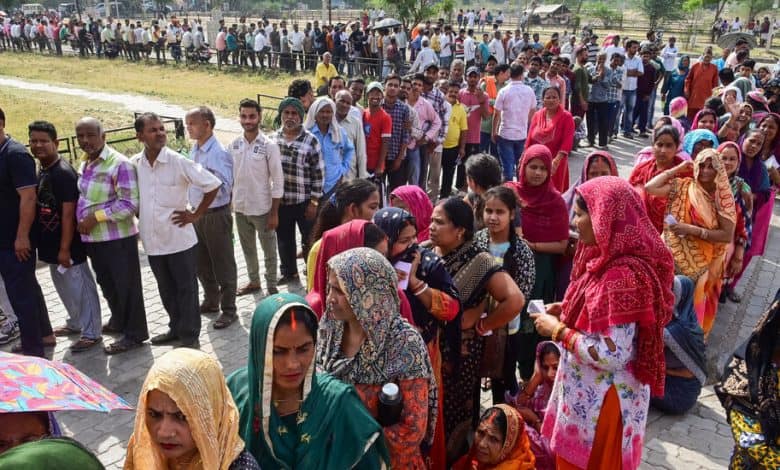As Voting Ends in India, Modi Awaits a Verdict on His 10 Years in Power

Voting in India’s general election, a six-week-long referendum on Prime Minister Narendra Modi’s decade in power, came to a close on Saturday as much of the country’s populous north was gripped by a deadly heat wave.
Results will be tallied and announced on Tuesday.
Mr. Modi, his power deeply entrenched, is seen as likely to win a third consecutive term as prime minister, which would make him only the second leader in India’s nearly 75 years as a republic to achieve that feat.
But a newly united opposition has put up a fight, rallying against Mr. Modi’s divisive politics and management of India’s deeply unequal economic growth. The country will now wait to see whether the opposition was able to accomplish its goal of significantly cutting into the sizable majority in Parliament held by Mr. Modi’s Hindu-nationalist Bharatiya Janata Party, or B.J.P.
The election, held in phases over a month and a half, is the largest democratic exercise in the world, with more than 950 million eligible voters. The last stretch of the campaigning drew large rallies even as northern India baked under an intense heat wave, with temperatures frequently exceeding 110 degrees Fahrenheit, or more than 43 degrees Celsius.
At least 19 poll workers have died from heat strokes or other health complications resulting from the heat in recent days.
Elections in a parliamentary system like India’s are usually fought seat by seat, with a candidate’s fate determined by local economic and social factors. But the B.J.P. made its campaign for the 543-seat Parliament into a presidential-style referendum, putting the focus almost entirely on Mr. Modi and his leadership. The party hoped that Mr. Modi’s deep popularity would help it overcome a growing anti-incumbent sentiment 10 years into the B.J.P.’s rule.
